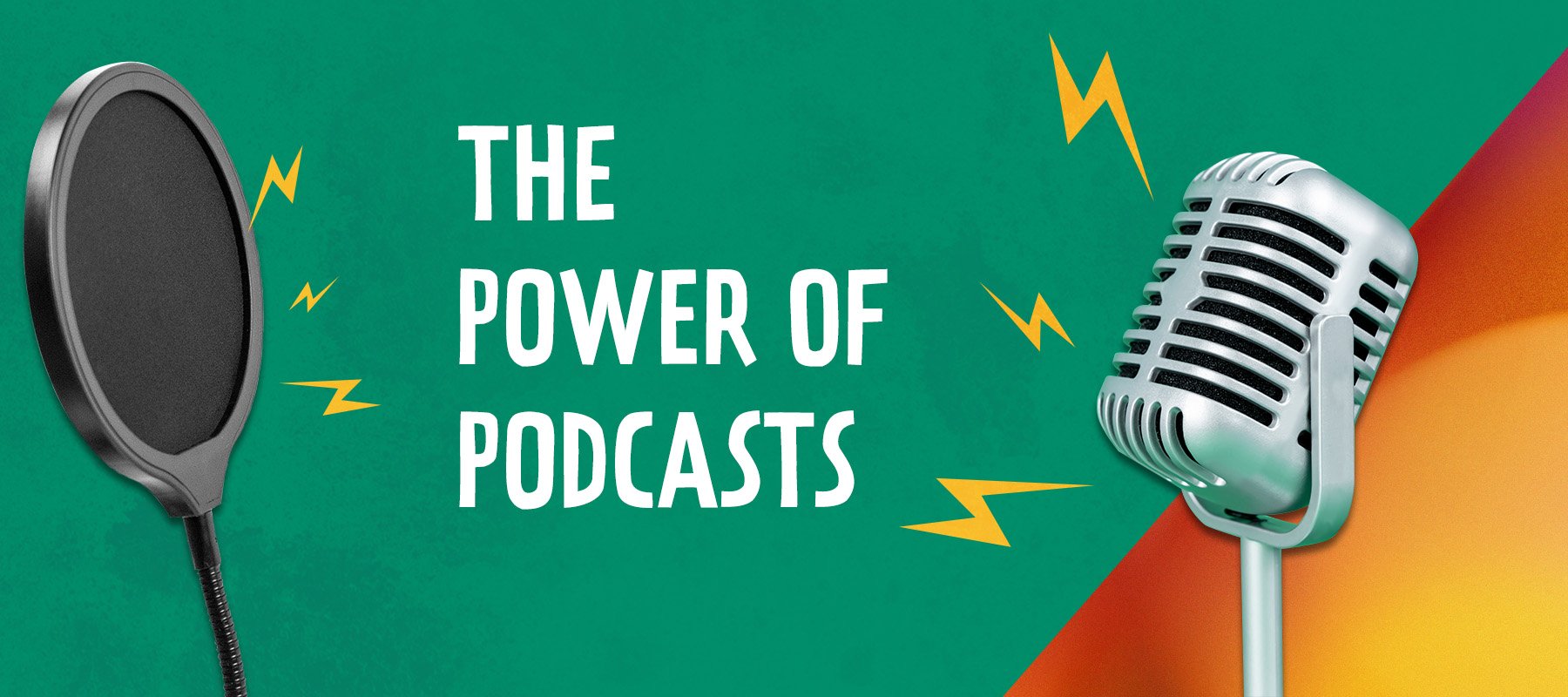Using Segmentation to Improve Sponsorships & Activations
What do you think of when you hear the phrase “diverse sponsorships?”
2 min read
 Steven Cortese
:
Mar 26, 2020 9:54:00 AM
Steven Cortese
:
Mar 26, 2020 9:54:00 AM

When prompted with the word "genius," who do you think of?
Chances are you thought of someone like Albert Einstein or Stephen Hawking, which is natural, as these are two of the most well-known scientists of all time. Yet, scientific thinking is just one of many ways our brains not only process information but develop ideas. Truth is, everyone’s brain is unique and we all think about things in different ways. That’s why I consider people like Frida Khalo and Martin Luther King to be geniuses as well. While being a genius is innate and not learned, we certainly can train our brains to be better thinkers.
First, let’s establish what the different types of thinkers are.
Note: most people will use a combination of the different types of thinking processes, yet, some people are stronger in certain areas than others.
People who score high on this type of thinking style tend to view the world in very actionable terms. They do well when their projects are laid out clearly in front of them. Pro athletes and artists are often concrete thinkers as they need to work with their bodies and are quite dexterous.
Analysts tend to love math and numbers. They like to evaluate situations using concrete statistics. Oftentimes computer coders and scientists score high in this thinking type. For the analyst, hard facts matter most. They value certainty.
 Scientists tend to be very analytical thinkers (Photo by National Cancer Institute on Unsplash)
Scientists tend to be very analytical thinkers (Photo by National Cancer Institute on Unsplash)
Orators are often proficient writers, eloquent speakers, or great conversationalists. They know what they want to say and can communicate those ideas well with others. Great orators in history have been Socrates and Ghandi.
The Imaginative Thinker is great at processing the world using images. They are able to easily create novel pictures or images with their brains. Graphic designers and architects generally fall under this category. Think of Frank Loyd Wright and Saul Bass, both of which were revolutionary in the way they approached developing ideas.
The rarest thinking skill of the five types is the original thinker. Original thinkers have the ability to creatively solve problems using new ideas.
To find out what type of thinker you are. Take the test here: https://psychologia.co/types-of-thinking/
Now that you know how high you scored on each type of thinking, you might be wondering how to increase your brain skills in each category. Here are some possible exercises for you to help improve your skill level in each type.
 A pro tennis player would likely be a Doer (Photo by Renith R on Unsplash)
A pro tennis player would likely be a Doer (Photo by Renith R on Unsplash)
Doer → Build something with your hands. e.g lego tower, or a clay pot
Analyst → Do a Sudoku puzzle or Perplexors
Orator → Speak in front of others or write something creative like a poem
Inventor → Draw or paint an original piece. Pro tip: start with a general prompt and see what you can draw in 30 minutes
Original Thinker → Come up with a fake invention and make a business plan for it
Chances are many of these exercises may be wildly outside of your comfort zone, or something you don’t feel you excel at, but that’s a good thing. If the exercises you seem most uncomfortable with match up with the thinking type you scored the lowest on, then these are exactly what you should be focusing on to become a more well-rounded thinker. But don’t neglect those exercises in the categories you score well in. After all, it’s good to challenge yourself with things you like and is a good way to keep yourself on the ball.
As a creative agency, we're always looking for new ideas for improving our creative thinking and new people to share our ideas with. Interested in talking? Send us a message.

What do you think of when you hear the phrase “diverse sponsorships?”

Come June,we can expect to see the usual suspects up in arms about brands engaging in (or even supporting) LGBTQ+ Pride campaigns. Of course, not...

First things first: what is a podcast?